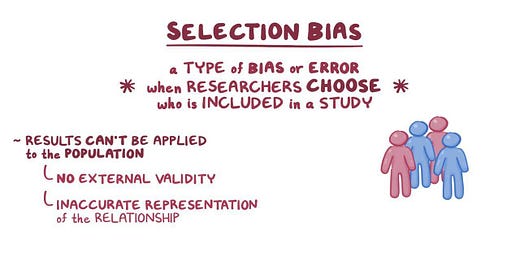Generalizing Huemer
Mike Huemer has yet another great thought experiment:
Suppose you learned that there was a school staffed mainly by right-leaning teachers and administrators. And at this school, an oddly large number of lessons touch upon, or perhaps center on, bad things that have been done by Jews throughout history. None of the lessons are factually false – all the incidents related are things that genuinely happened and all were actually done by Jewish people. For example, murders that Jews committed, times when Jews started wars, times when Jews robbed or exploited people. (I assume that you know that it’s possible to fill up quite a lot of lessons with bad things done by members of whatever ethnic group you pick.) The lessons for some reason omit or downplay good things done by Jews, and omit bad things done by other (non-Jewish) people. What would you think about this school?
I hope you agree with me that this is a story of a blatantly racist and shitty school. It would be fair to describe the school as promoting hatred toward Jewish people, even if none of the lessons explicitly stated that one should hate Jews. I hope you also agree that no parent or voter should tolerate a public school that operated like this.
Now, what if the school’s right-wing defenders explained that there was actually nothing the slightest bit racist or otherwise objectionable about the school, because it was only teaching facts of history? All these things happened. You don’t want to lie or cover up the history, do you?
I hope you agree with me that this would be a pathetic defense.
Huemer’s target is Critical Race Theory, but his insight generalizes nicely. If you spend your life making one-sided true complaints about markets, it is fair to call you “anti-market.” If you spend your life making one-sided true complaints about the rich, it is fair to call you “anti-rich.” If you spend your life making one-sided true complaints about men, it is fair to call you a “man-hater.” If you spend your life making one-sided true complaints about rare risks, it is fair to call you a “fear-monger.”
Granted, there’s no shame in being “one-sided” about things that are, on balance, terrible. But if that’s your position, you should be prepared to defend it, not hide behind the misleading claim that you’re “just teaching the facts.”
Thus, as you may have noticed, I habitually complain about voters and politicians. But my method is not to sift out all the good that voters and politicians do, then share the bad stuff that’s left. Rather, I explicitly argue that, on balance, voters are severely irrational and politicians are deeply evil. I’m not trying to trick readers into these conclusions with a selective reading of the evidence. Indeed, I go out of my way to argue that what most people like about voters and politicians is actually bad, so the “offsetting good” mostly just compounds the bad.
If you take Huemer’s thought experiment to heart, you will realize that mainstream media is scarcely better than bona fide “fake news.” Epistemically speaking, the purpose of one-sided true complaints and full-blown lies is the same: to spread false beliefs about the Big Picture. The news doesn’t have to be propaganda, but in practice, it almost always is.
Reminder: This is my last day blogging for EconLog. Starting tomorrow, March 1, look for my posts on the all-new Bet On It, brought to you by the Salem Center for Policy at the University of Texas.
The post Generalizing Huemer appeared first on Econlib.




